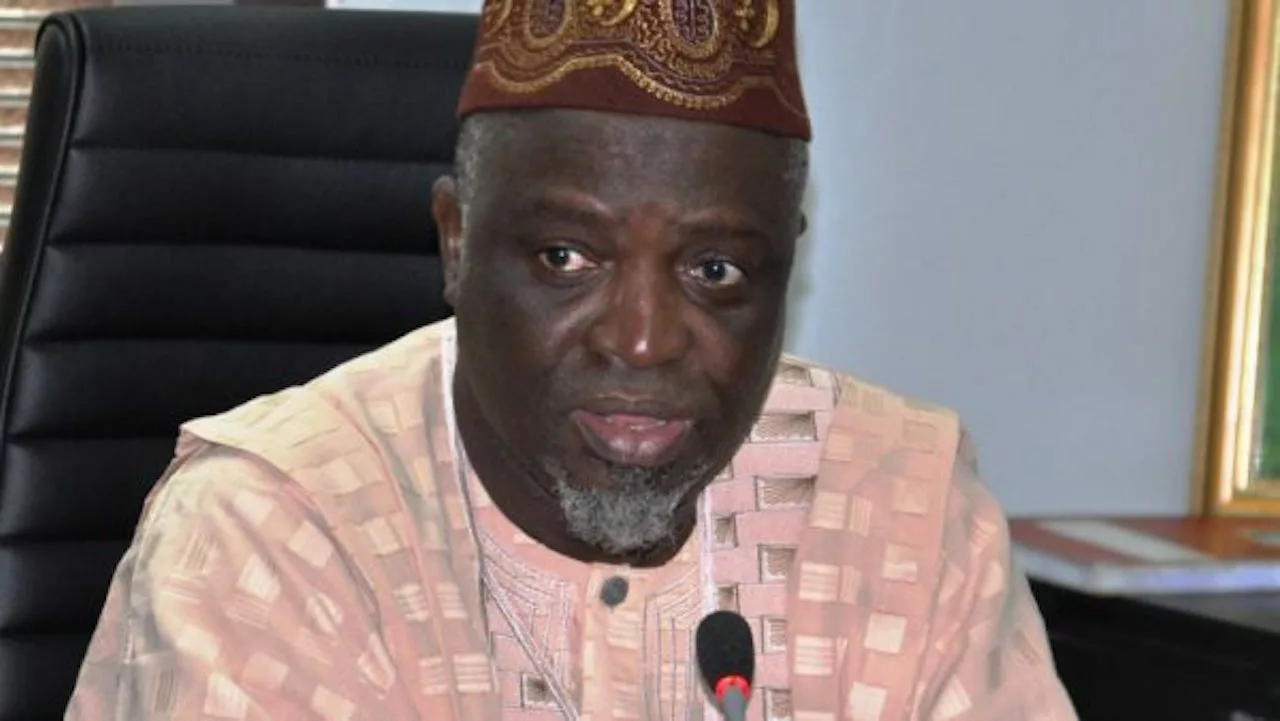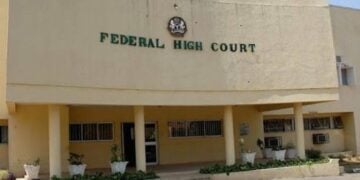The Sasakawa Africa Association (SAA) has called for the decarbonisation of cropping systems in Nigeria to avert food crises and mitigate climate change impacts.
At its 2024 annual stakeholder meeting, SAA’s president, Dr Makoto Kitanaka, said that decarbonising cropping systems would accelerate the productivity of crops, enhance food security, and better the livelihoods of farmers.
He said SAA was promoting climate-smart initiatives such as the use of “Bokashi and Biochar”, organic materials that improve soil fertility and reduce greenhouse gas emissions, in Nasarawa State in Nigeria under a grant from the Japanese Ministry of Foreign Affairs (MOFA).
He also stressed the importance of collaboration among stakeholders to advance the agricultural sector amidst evolving global challenges.
The workshop, which brought together representatives from diverse partner organisations, delved into the crucial role of climate-smart agriculture in ensuring food security and tackling global challenges.
Technical presentations were made on topics such as “COP 28 Goals and Objectives: Implications for Agriculture,” “Unlocking Carbon Credit Opportunities for Smallholder Farmers,” and “Regenerative Agriculture: Boosting Soil Health in Africa, etc.”
The event also showcased successful initiatives such as the Kano State Agricultural Development Project, which has improved the productivity and income of maize, rice, and soybean farmers in the state.
The workshop’s outcomes, outlined in a communique, reflected SAA’s ongoing commitment to empowering Nigerian farmers and promoting sustainable agricultural practices that benefit the environment and ensure food security for all.
Some of the key outcomes include; unanimous approval of SAA’s 2024 activities focused on regenerative, nutrition-sensitive, and market-oriented agriculture, recognition of the critical need for decarbonisation of cropping systems to mitigate climate change impacts and emphasis on exploring climate-resilient seed varieties, reducing chemical fertiliser use, and linking farmers to quality inputs and markets, among others.
SAA Nigeria’s country director, Dr Godwin Atser, also highlighted the challenges faced by Nigerian farmers, including low productivity, poverty, and the escalating impact of climate change.
He emphasised the need for interventions like the adoption of new seed varieties, the right use of chemical fertiliser, and strengthening linkages between farmers and quality inputs and markets.











